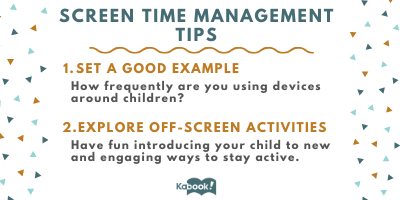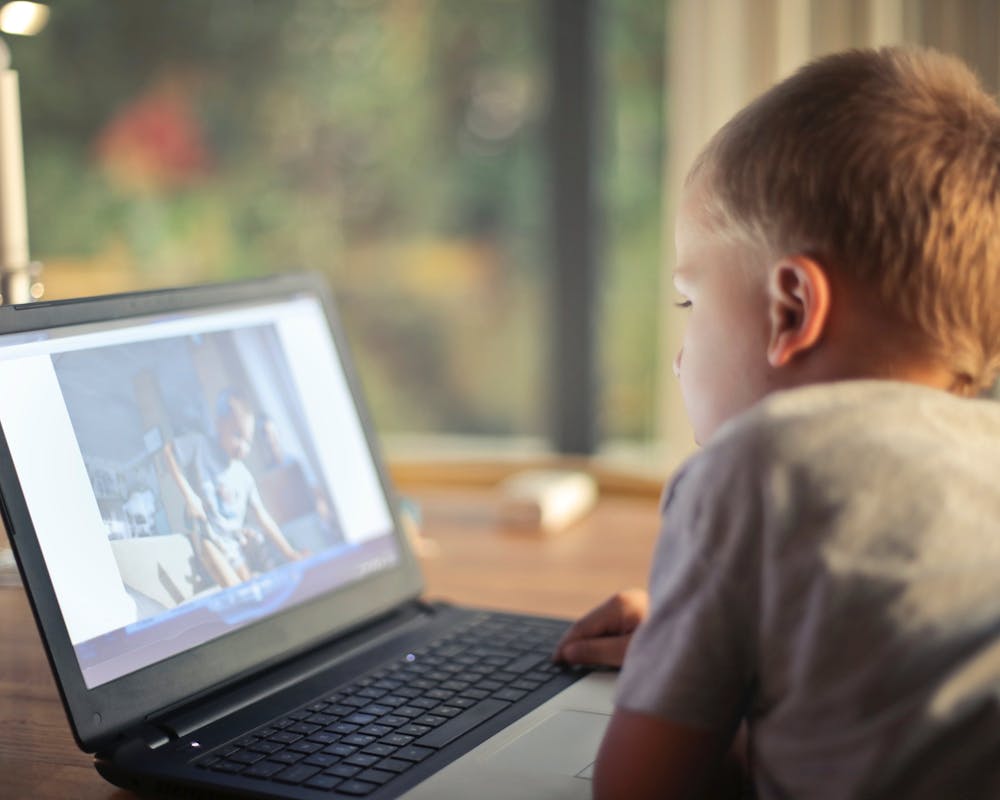For a fun thought experiment, we sometimes ponder what life today would look like from the eyes of someone born a few hundred years ago. The telescopic nature of mankind’s achievements means that with each passing year, we grow exponentially in our development. This would likely render us all but unrecognizable to that hypothetical time traveler.
And he or she would likely be enthralled by our medicines, our convenience of communication, or our logistics and click-of-a-button shopping. But at the same time, we sometimes imagine, would she not be horrified by some things as well?
Imagine the reaction to seeing families at dinner all glued to their phones. Children in the park playing with devices instead of the monkey bars. Kids glued to television sets like zombies. You get the idea.
Two Hours Per Day Is a Good Benchmark
Screens are ubiquitous now, and while they serve a great many functions when it comes to education, hopeful parents must be careful not to allow vulnerable children to over indulge. While there are great language learning games, educational shows like Sesame Street to enjoy, and a bevy of other useful educational electronics, the science regarding screen time and children makes us a little uneasy, to say the least.
Studies show that kids with televisions in their bedrooms do worse in school, but the scariness doesn’t stop there. More than two hours a day of screen time is also associated with low sociability, obesity, and a slew of behavioral problems.
Setting Limits And Creating A Good Example
So, how do you go about getting your young children to cut down on screen time and spend more time reading and doing other activities that experts agree represent a net positive for their intellectual development?

First things first: parents must learn to lead by example by demonstrating a healthy relationship with electronics at home. This may be easier said than done in a world that demands ever increasing levels of connectivity from young professionals, but simply keep in mind how much your son or daughter models their behavior, hobbies, and interests after the person they look up to the most.
Secondly, you must set about the difficult but profound work of finding things off screen that inspire your child’s interest and joy. We talk at length about this in our blog on parenting in the digital age, but we feel that the challenge of education should start with the goal of finding things that a child considers “fun”, but which also have some sort of educational application.
Physical Books Are Always a Healthy Way to Engage Children

Personalized children’s books are a great way to compete with the tailored, engaging personalization that video games provide. Research has shown that learning to love reading from an early age is heavily correlated with better academic outcomes later in life. Inspiring passion for the written word in young children will make restricting screen time a lot easier. Fill their room up with books, the research shows, and they will naturally gravitate towards reading and other academically helpful activities.
It certainly wouldn’t be all doom and gloom for our hypothetical time traveler. Surely this person would smile to see the relative comfort and safety most children now enjoy! In this new year we encourage you to regularly set aside a few phone-restricted hours and read a book with your little boy and girl, and remember how much we have to be thankful for!
